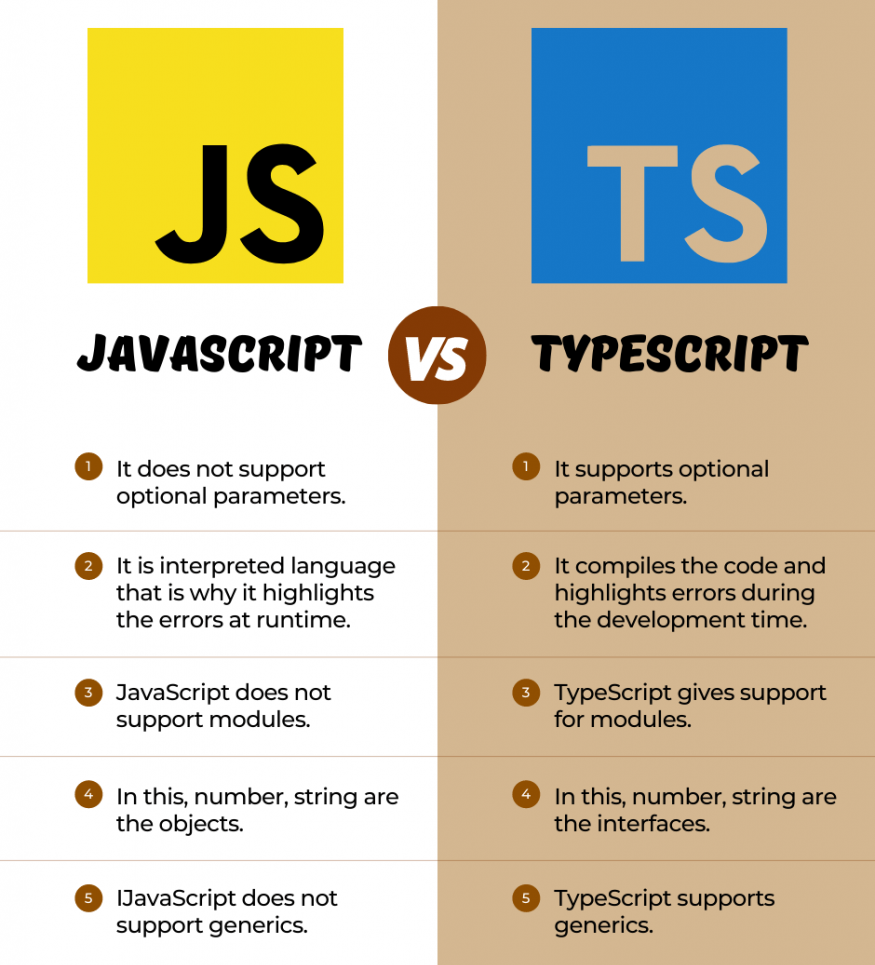Setup 🛠️
Node.js 🟩
Node.js allows us to run JavaScript code locally. We need Node.js to run the KILT SDK code in our project locally! 🏃♀️
📥 Download Node.js here. Version 16.0 and above will do the job.
Requirements 📋
Please create a new folder and name it kilt-rocks. 📂 Here, we will install the libraries:
- KILT SDK-JS 🌐 - For KILT operations
- dotenv 🔒 - To store secret information
- ts-node and TypeScript 🛡️ - To run TypeScript code
TypeScript is like a big brother to JavaScript. It adds type safety and is developed by Microsoft. 🖥️ If you know JavaScript, you'll get used to TypeScript quickly! 🚀 For more about TypeScript you can check this.

We will use basic TypeScript in the project, so don't be afraid!
Package Installation 📦
You should run the following codes in the terminal. 🖥️
npm init -y //🎉 Automatically creates a 'package.json' file.
npm install @kiltprotocol/sdk-js dotenv typescript ts-node //📦 Installs KILT SDK, dotenv, and TypeScript.
Setting Up Project Folders 📁
Your folder structure should look like this:
└─ kilt-rocks/ # project folder
├─ node_modules
├─ attester/ # folder where all attester codes are located
├─ claimer/ # folder where all claimer codes are located
├─ verify.ts # all verifier codes
├─ .env # environment variables and secret info file
├─ package.json # automatically generated file
└─ yarn.lock # automatically generated file 2
PILT Tokens 🪙
We will use the Peregrine Testnet, so we need PILT tokens. We can get them for free, so don't worry! 💦
Blockchain Connection 🌐
We need to set up the SDK for the blockchain connection. We will connect to the Peregrine Testnet with the Kilt.connect(address) code. 🤝
Add the extension for the Peregrine network to the .env file:
WSS_ADDRESS=wss://peregrine.kilt.io
All settings are complete! 🎉 Now we can start! 🚀